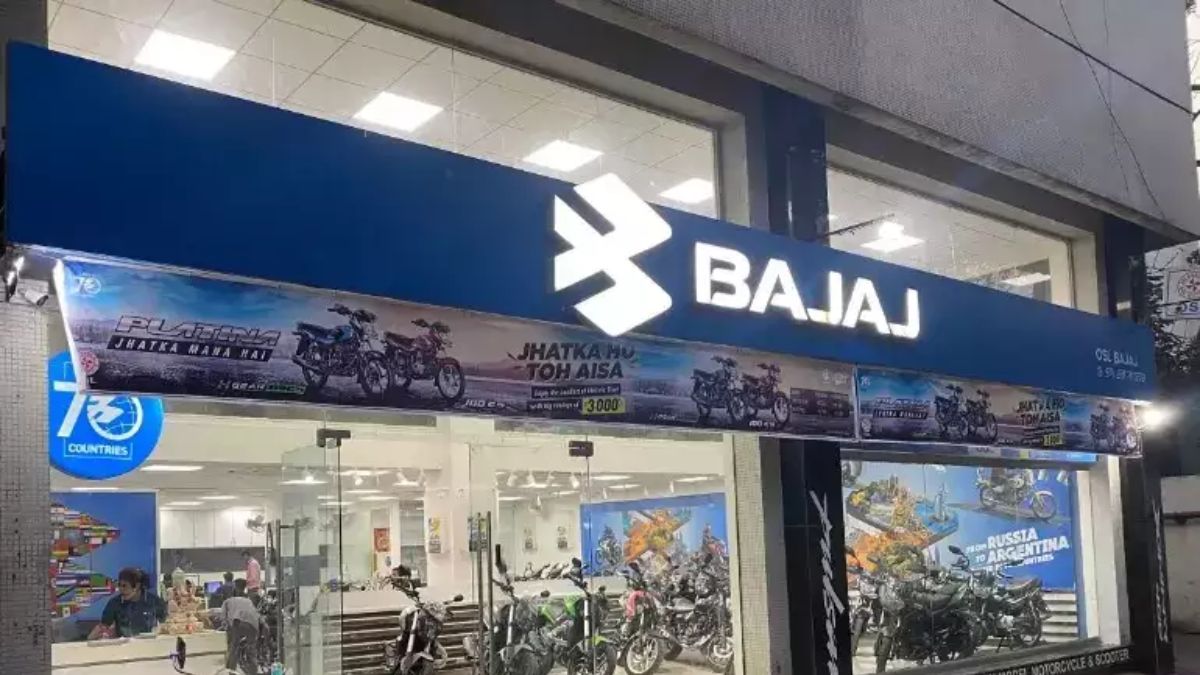Bajaj Auto Ltd., the world’s most valuable two- and three-wheeler manufacturer, has taken a major step into India’s booming electric mobility landscape with the launch of its first e-rickshaw, Bajaj Riki. After decades of dominating the three-wheeler ecosystem, the company has now extended its trusted driver-focused philosophy, “Bharose ki Bhagedaari,” to the e-rickshaw segment, which has been expanding at record speed post-Covid.
The e-rickshaw category now adds more than forty-five thousand vehicles every month, fuelled by the rising demand for affordable last-mile transportation across metros, suburbs, and tier-2 and tier-3 cities. This segment plays a key role in feeding metro stations, suburban rail networks, and bus systems, making safety, reliability, and efficiency more important than ever.
For years, the market has been dominated by unorganised players and products that often fall short on range, durability, and overall design integrity. Drivers have struggled with issues like low real-world range, weak chassis strength, harsh braking, corrosion caused by lead-acid batteries, and instability due to sub-par proportions. Limited service networks have further reduced uptime and driver earnings.
Bajaj Auto aims to reset the benchmark with Bajaj Riki, a product engineered using extensive customer insights, tested rigorously across tough conditions, and supported by the company’s expansive nationwide service ecosystem. The Riki platform promises higher uptime, lower operating costs, safer handling, and a far more comfortable ride for both drivers and passengers—particularly in India’s high-density feeder routes. Before the national rollout, the company successfully piloted Riki in Patna, Moradabad, Guwahati, and Raipur. The first phase will now cover more than one hundred towns across Uttar Pradesh, Bihar, Madhya Pradesh, Chhattisgarh, and Assam.
The Riki stands out with its carefully designed engineering package. It offers the longest certified range in its segment at about 149 kilometres for the P4005 model, thanks to its advanced 5.4 kWh battery. The vehicle is built on a monocoque chassis, which enhances structural rigidity and overall life, while improving stability and reducing the common toppling risk seen in conventional models. Its independent suspension system adds to ride comfort and ensures better control on uneven urban roads. Hydraulic brakes offer a more dependable braking response in dense traffic, and the battery supports fast charging, reaching full charge in roughly four and a half hours. Bajaj is further offering a three-year battery warranty backed by its extensive service network.
The first passenger model in this new P40 series, the Bajaj Riki P4005, comes at an ex-showroom price of ₹1,90,890. For cargo operators, Bajaj has introduced the Riki C4005, which delivers the highest certified range in its category at 164 kilometres. The cargo model includes a larger tray that accommodates more load, directly supporting higher earning potential for drivers. With a 28 percent gradeability, it performs comfortably on flyovers and slopes. The C4005 is priced at ₹2,00,876 (ex-showroom).


